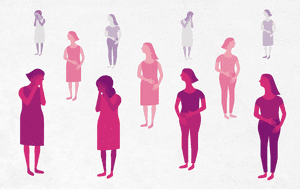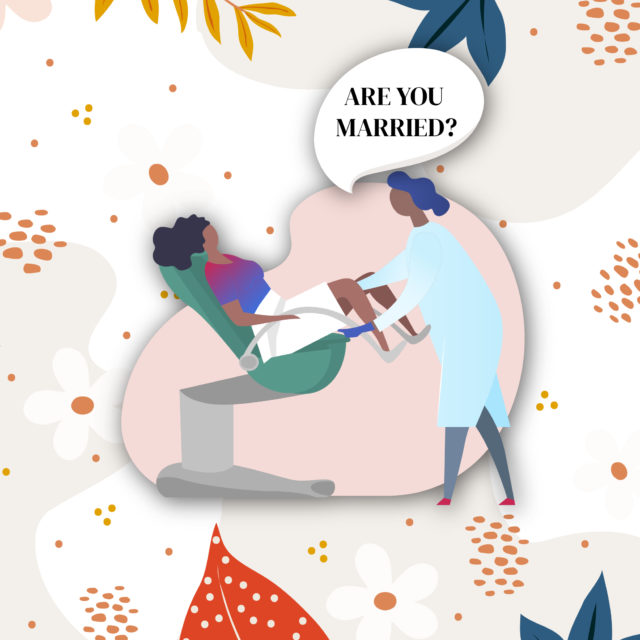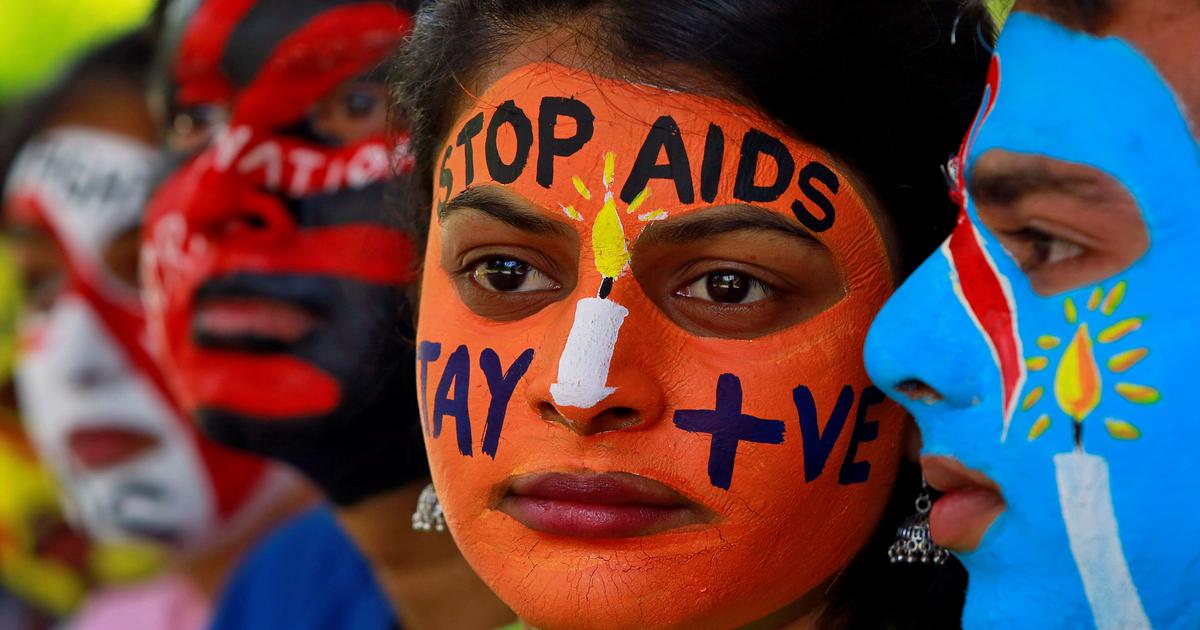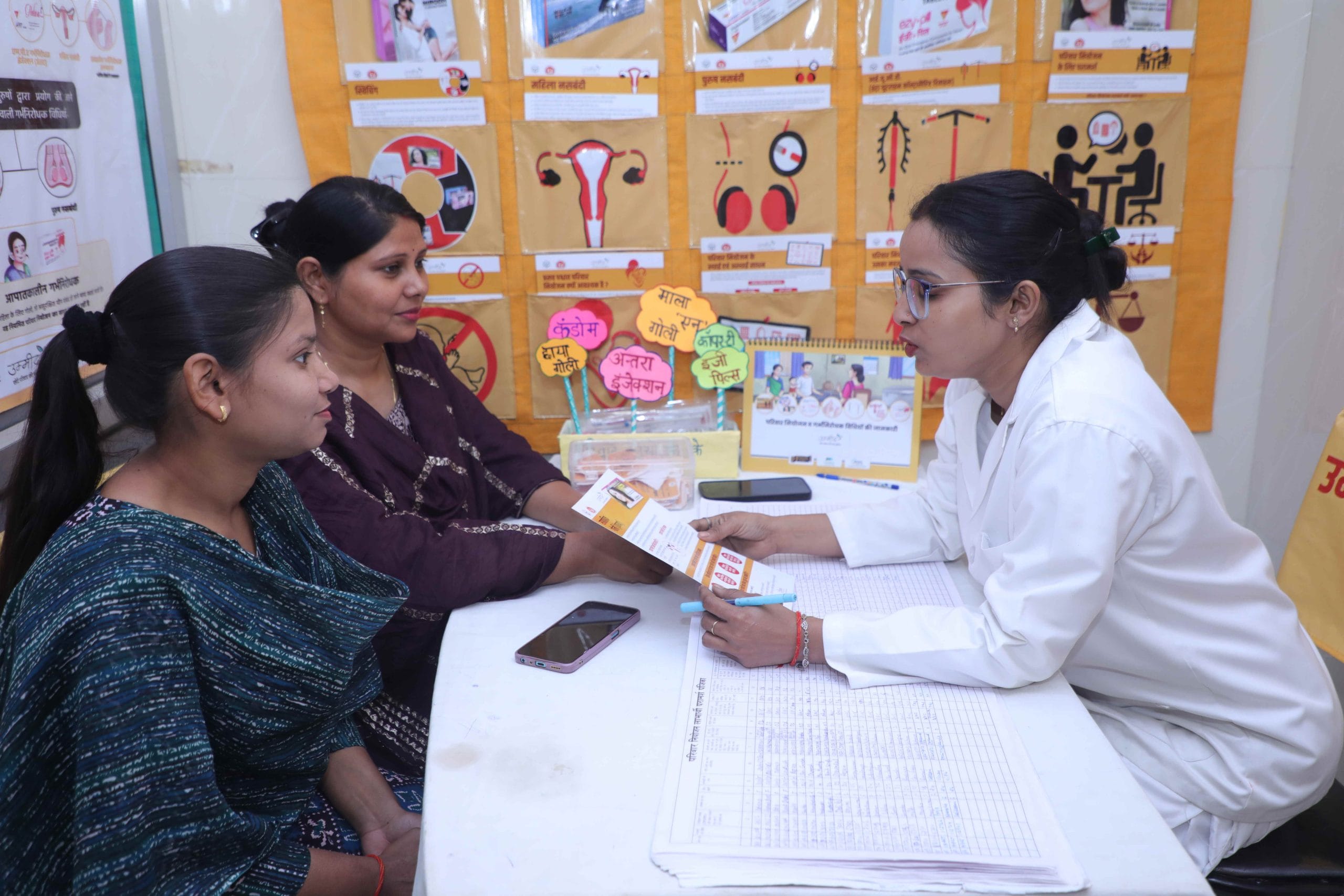Editor’s Note: This piece has been published as a part of the Health Over Stigma campaign, which is aimed at dismantling the stigma surrounding sexual health of unmarried women, and demanding accountability from medical service providers for stigma-free, non-judgemental sexual and reproductive healthcare services. Join the #MyGynaecStory wave by sharing your own story as an unmarried woman accessing sexual and reproductive healthcare by posting it on your social media or emailing us.
From as long as I remember, I have had chronic pain, heavy menstrual flow, depression, anxiety and other similar symptoms during and before my menstrual cycles. I have visited at least half a dozen gynaecologists in different cities in India. I still haven’t found someone who is not judgmental and gives adequate time to the patient. I have been diagnosed with Endometriosis and Polycystic Ovarian Syndrome (PCOD). Due to Endometriosis, one of my ovaries is very close to the wall of the uterus and I have scar tissues that cause a lot of pain.
My first tryst with gynaecologists was when I was 19-20 years old. I was studying in a college in Bangalore. This was the first time I missed my periods. When I went to see the gynaecologist, she asked me if I had a boyfriend. When I replied in affirmative, she sneaked me into the Ultra Sound imaging room to check if I am pregnant. There was no record, no reports, no payment for the test. I felt so ashamed of myself. I had tried telling her that I hadn’t had sex since my last periods and that I use protection. She paid no heed. I don’t know if she connected sex without marriage to propensity to lie.

This incident had left a mark on me. The encounters after that incident have been more or less similarly problematic. I was diagnosed with Endometriosis in 2017. It is a very painful condition that involves cells of endometrium layer growing at other places. I had to start wearing pyjamas and loose clothes. I even had to start wearing maternity underwear. Anything that doesn’t put pressure on the womb area worked. I constantly had pain while walking. During this time, I went to see several gynaecologists. There is no cure for the illness in allopathy. The only thing they can do is to prescribe birth control pills and pain killers.
I have visited at least half a dozen gynaecologists in different cities in India. I still haven’t found someone who is not judgmental and gives adequate time to the patient.
The first question that the gynaecologists would ask is if I am married. A 30-year-old woman not being married was an aberration in their books. They needed to know if I have (or had) sex. I don’t understand the hesitation in just asking that. A gynaecologist in Mumbai refused to do a physical examination because I was not married even though I told her that I am sexually active. If you are not married, you should be a virgin, of course!
The most common response from gynaecologists is to express shock at your sex life. I needed transvaginal ultra sound to confirm the diagnosis. As it involves insertion of the imaging device inside the vagina, the gynaecologists would refuse to prescribe it for me because I am not “married”. The first gynaecologist who refused was well known to my family. She had delivered two of my cousins. I could not be frank with her in case she breached confidentiality. Finally, a gynaecologist agreed when I begged her saying that I do have an active sexual life. It did not come without judgment.
Also read: Why I’d Rather Use Google Than Visit A Gynaecologist | #MyGynaecStory
Another common thing for gynaecologists to tell me is to suggest that I should get married and have children. They seem to think that it will help with mitigating the gynaecological problems. I have done a lot of research and I did not find any connection between having children and Endometriosis. Moreover, we don’t need to be married to have children! This is the typical discriminatory behaviour shown by gynaecologists towards women of my age. I am 31 and at this age, a woman is expected to be happily married and be a mother. If she is not, then gynaecologists blame all problems to her menstrual cycles to reason out the ‘lack’ of children.
THE MOST COMMON RESPONSE FROM GYNAECOLOGISTS IS TO EXPRESS SHOCK AT YOUR SEX LIFE. I NEEDED TRANSVAGINAL ULTRA SOUND TO CONFIRM THE DIAGNOSIS. AS IT INVOLVES INSERTION OF THE IMAGING DEVICE WITHIN THE VAGINA, THE GYNAECOLOGISTS WOULD REFUSE TO PRESCRIBE IT FOR ME BECAUSE I AM NOT “MARRIED”.
I have faced a lot of negativity from gynaecologists because I have had multiple sexual partners. At one stage, I was not in a committed relationship with anyone and was seeing multiple people. I thought that getting checked for STDs is a responsible thing to do if I am sexually active, especially, if I am seeing multiple people. However, the gynaecologist was shocked when I told her why I wanted to get a STD panel done. She gave me a huge moral lecture and looked down upon me. I felt like she perceives me like a slut (nothing wrong in being one, of course).
While gynaecologists discriminate and judge, I have not had any of them discuss sexual and reproductive health or safe methods of protection with me. They have always asked me if my “husband” was accompanying me. Why should anyone else have a say in my sexual health?

Other women and girls that I have talked to have had similar experiences with gynaecologists. It is high time that we break stereotypes, microaggressions and discriminations against unmarried women. We can have sex. We can live without marriage or children. We can have multiple sex partners.
Also read: Dear Doctor, I Don’t Need To Be Married To Have Sex | #MyGynaecStory
Instead of moral policing, the focus should be on providing good medical care and spreading knowledge about safe sex. We should be given space to make informed choice about our sexual and reproductive health. Complete confidentiality without interference from family should be maintained. I hope to see positive change with time. Till then, let’s keep talking about it to spread awareness and dispel myths.
Swati Agrawal works as a Director (Operations) at IDIA Charitable Trust, and spends her free time board gaming and playing with her two cats. She uses her own experiences to create awareness about mental health and invisible illnesses. You can follow her on Twitter.
Featured Image Source: Taramon




